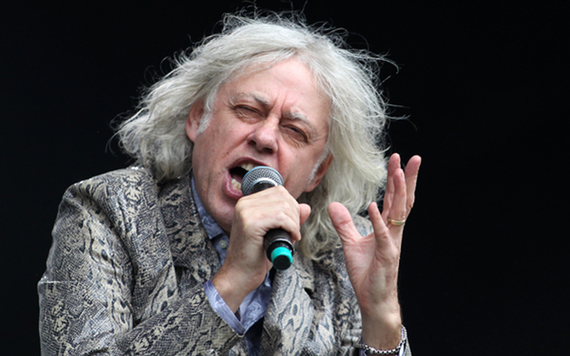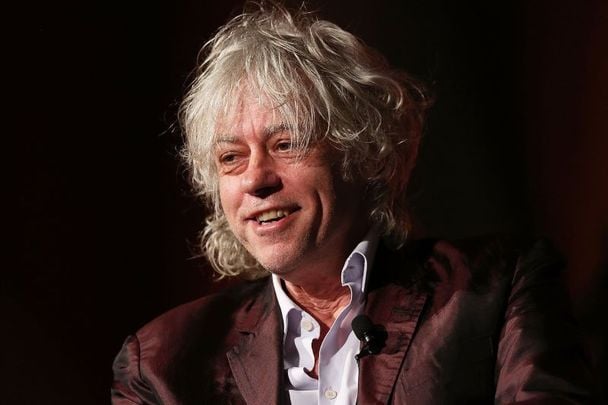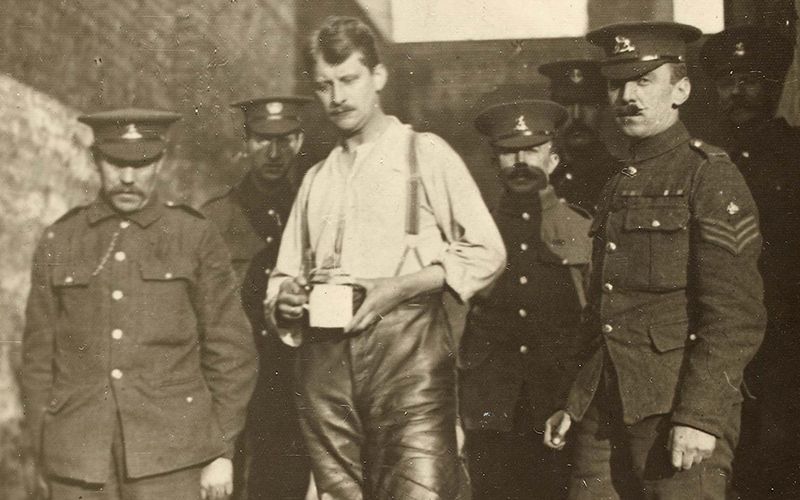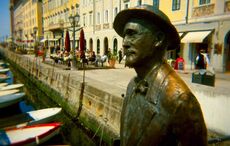The Boomtown Rats frontman Bob Geldof was born in Dún Laoghaire on October 5, 1951 - here, a look at the Irish rockstar's legacy.
On July 13, 1985, a dual-venue concert, Live Aid, was organized by Bob Geldof and Midge Ure to raise funds for the relief of the ongoing Ethiopian famine.
Held at Wembley Stadium in London and at John F. Kennedy Stadium in Philadelphia, the gigs were attended by over 172,000 and watched worldwide.
But what was the legacy of the world-renowned charitable act?
Bob Geldof only wanted to help, which is how many terrible things often begin. Appalled by the searing images of starvation in Ethiopia on his television screen, he set about creating Live Aid, an unprecedented gathering of pop stars, singing a hastily written song to raise money and offer relief.
On November 25, 1984, the charity single "Do They Know It's Christmas?" was recorded by a host of the world's top pop stars in Notting Hill, London, and released four days later. It became the fastest-selling single of all time in the UK, shifting over a million copies in the first week alone. It was number one for five weeks too, selling over three million copies and becoming the biggest-selling single of all time in the UK.
Depicting Africa as a parched wasteland where Western privileges like food, water, and seasonal cheer are unheard of, the super-group sang of a place “where nothing ever grows, no rain or rivers flow, do they know it’s Christmas time at all?”
And, well, did they know it was Christmas? It’s quite likely many of them did.
But since the entire upper half of Africa and the Horn of Africa are Muslim countries, it’s also likely they weren't particularly bothered. Unperturbed by these complexities, the super-group sang on, “The greatest gift they'll get this year is life ...”
Actually, the greatest gift “they” could ever get this year or any year is a functioning democracy, free of lunatic warlords and megalomaniacal dictators.
A more effective and informed foreign policy would be an enormous help, too. But I can see why Geldof didn’t work these factors into his song.
“There won't be snow in Africa this Christmastime,” sang the group. Not even that statement was true, though.
In fact, it does snow in Africa, as the continent is vast and comprises 54 countries that defy easy categorization. All that complexity was pushed aside in the overarching effort to help.
Looking back, you can see that Geldof's song wanted to make Africa (them) intelligible to people who could not otherwise relate to it (us). That explains its weirdly paternalistic tone.
Africa was presented as a place apart, a scorched earth so unlike Europe that the only way we could be expected to understand it was through him telling us why they were just like us.
But the unexpectedly terrible thing that happened was that in bringing together all these superstar egos for Band-Aid, it practically ensured they would later be brought together again for Live Aid.

Bob Geldof at Electric Picnic. (RollingNews.ie)
It was the kickstart of the 24/7 celebrity culture that has now encircled and engulfed the globe, transforming pop music to its detriment.
Do you remember Live Aid? If you were around in the 1980s, you can't fail to. It was the Reagan era's Woodstock, but with much less altruism and much more hairspray. On July 13, 1985, it utterly riveted the planet.
Broadcast back-to-back from London and Philadelphia, it was a watershed in high technology and live performance. It was also, most of it, dull as a wet Wednesday in Bognor Regis.
Frozen in the amber glow of nostalgia, people forget now how stilted and uninspired so much of it actually was.
Two old queens saved the day as it turned out. Freddie Mercury and David Bowie were both gifted with the kind of stage presence (and tunes) that turned an otherwise fairly workmanlike live concert into something transcendent and unforgettable.
In Wembley, Bono tapered on the stage like an overdressed goat tapering on the Matterhorn, and the band’s performance saw their own record sales explode afterward.
However, it was really the producers and record companies that received the memo about the money-raising potential of mega-celebrity events like Live Aid. After Live Aid, shows like "American Idol" and "Britain's Got Talent" became an inevitability, and both had their origins in that far-off summer of 1985.
I imagine Simon Cowell probably started dreaming of One Direction shortly after the final song played. So the arrow that went up with Band-Aid and the simple human desire to help eventually came down with Harry Styles. And thereby hangs a tale.
*Originally published in 2015, updated in Oct 2025.




Comments